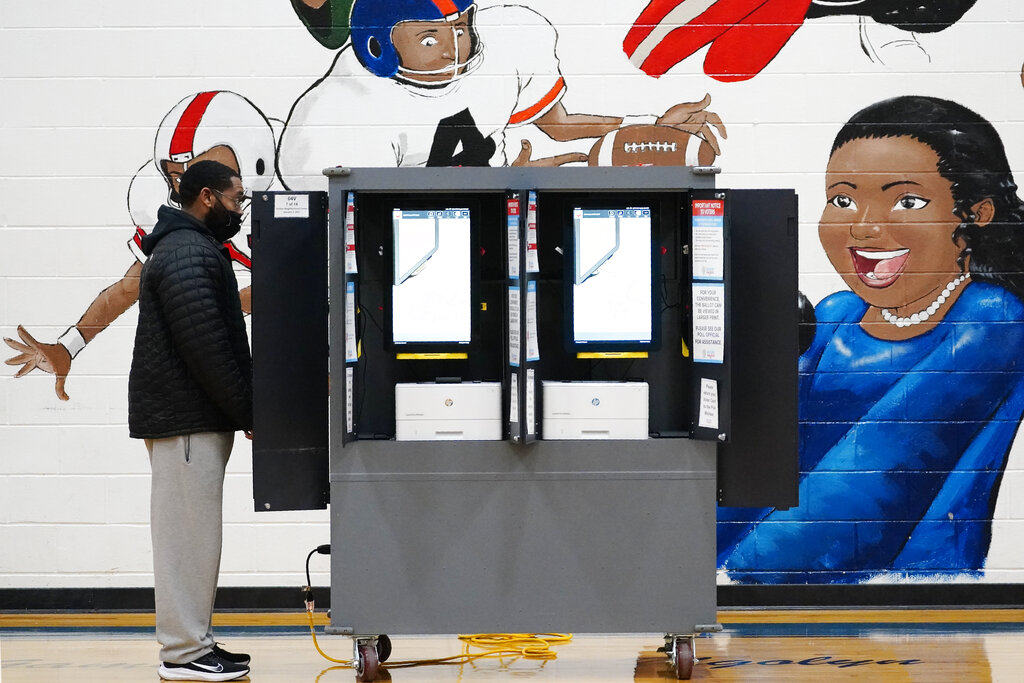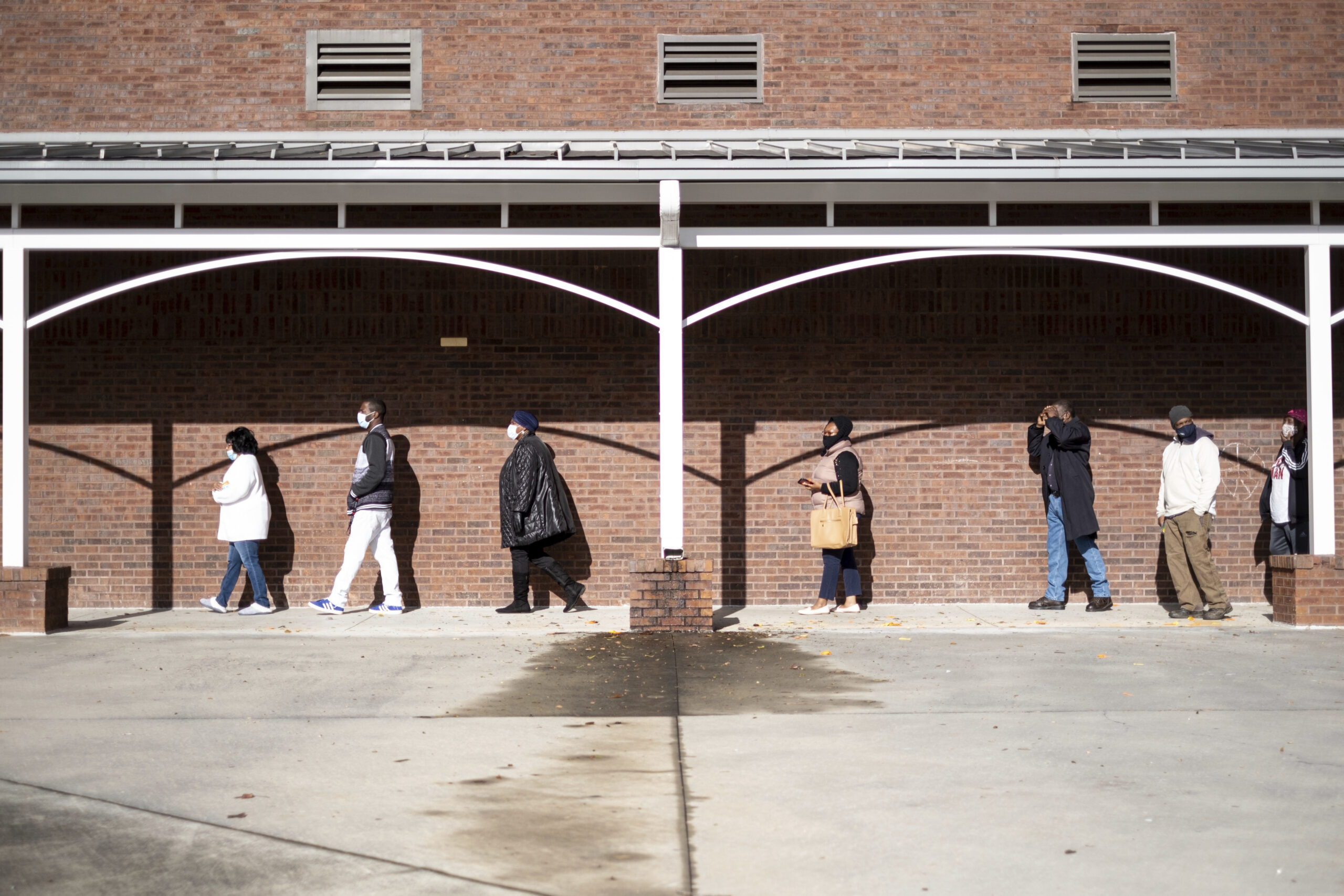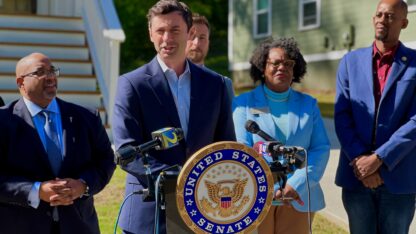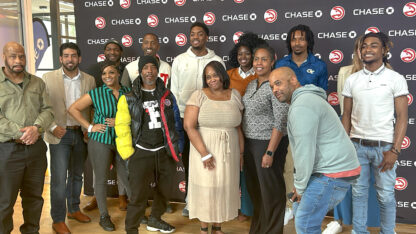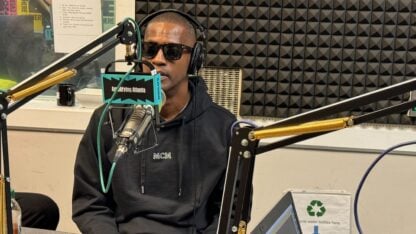Suburban Black Female Voters Aim To Make Their Voices Heard
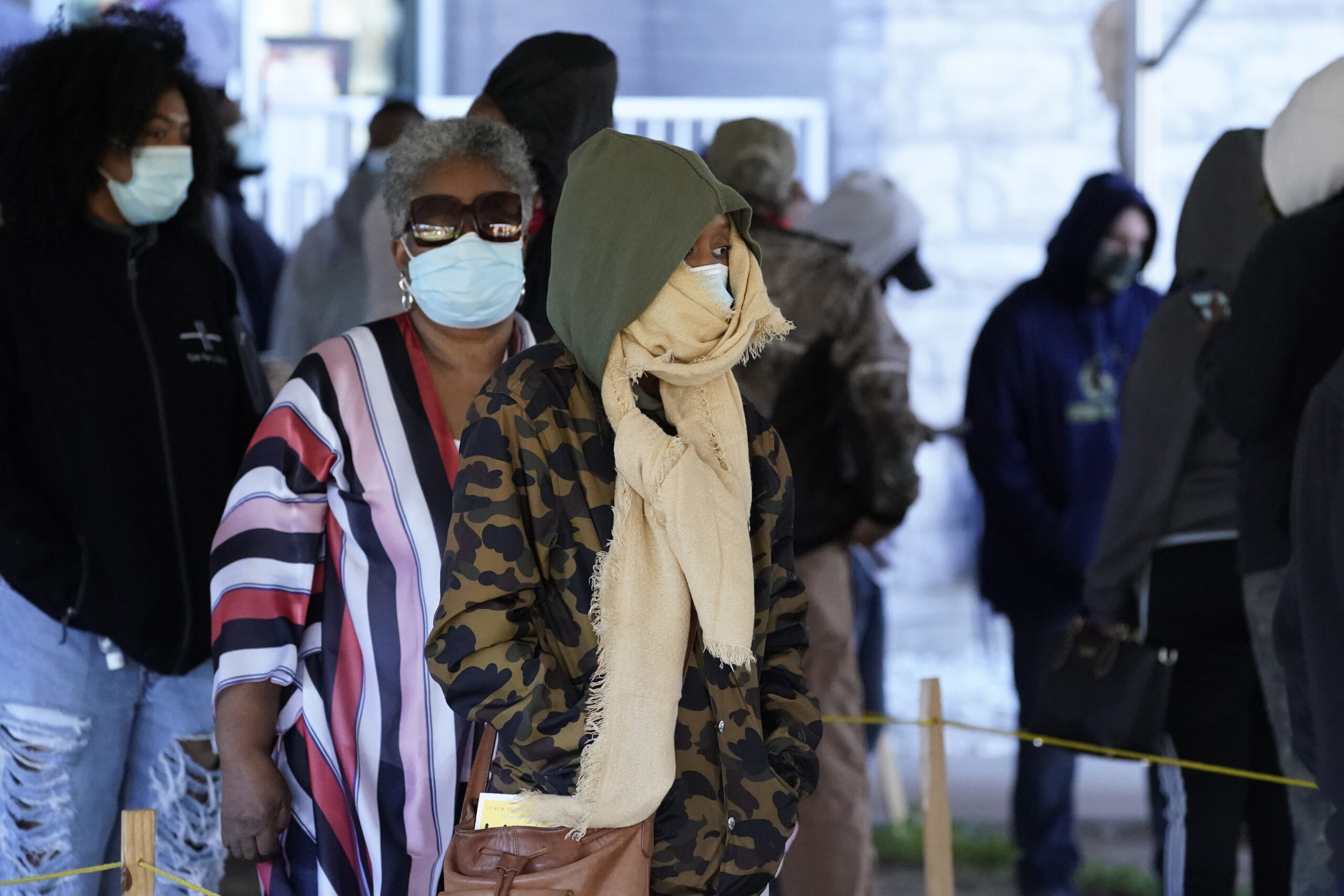
Voters wait in line on a chilly and windy morning to cast their ballots early Friday in Covington. “Morning Edition” held a virtual conversation to learn more about the opinions of several Black suburban female voters.
John Bazemore / Associated PRess
In this presidential election, suburban female voters have become an important voting bloc for both parties. For many Black suburban women voters who may not have had a seat at the table in the past, this year meant making their voices heard.

Pundits predicted in February that Vice President Joe Biden’s campaign was all but over. But then came the South Carolina Democratic primary. Biden swept the contest with two-thirds of the Black vote.
That’s when Cobb County voter Nichelle Davis realized the power of the Black women’s vote.
“Where we literally as a voting bloc can propel people across the finish line when we all show up. So I feel like as a community, but specifically, as Black women who are leading this work… if we do our part?”
Davis hopes Black women like her will be part of that same voting bloc in Georgia. Especially in the 6th Congressional District, where Democrat Lucy McBath is running for reelection. This once-very-conservative suburban district has become more diverse in recent years.
But African Americans are a minority there, with just about 14% of the population.
During a Zoom meeting with several Black suburban women voters, they clearly are active in their local community even though they may often feel their voice is being ignored.
“Us as Black women and especially here in Cobb County, I do think that we make a lot of noise. Because we see it all. We have such a large socioeconomic status and a large range of where people are on the spectrum,” said Cobb County voter Camille Jones.
Jones said Black women are in the community rallying voters.
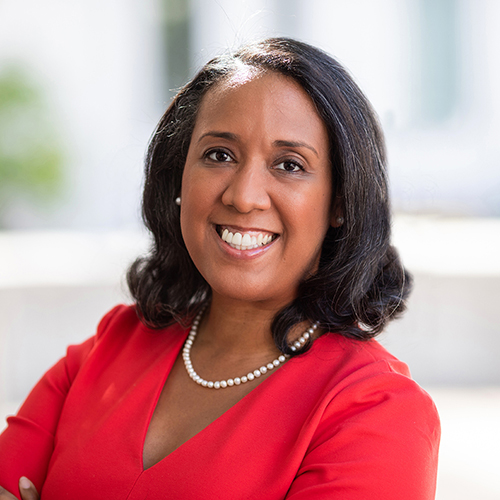
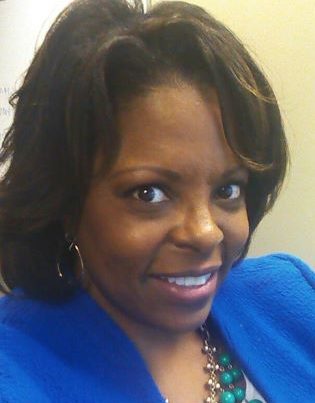
Women like Kim Johnson, another Black Cobb County voter. She says Democrats will need a diverse coalition of women to win.
“Right. We have to reach across. We have to find other people to help. You know the white woman who voted for Trump, right? My hope is that his response to COVID will kind of change their minds about you know, voting for him again and what they’ve seen. Because we can’t do it alone.”
That’s also true statewide says Emory political scientist Andra Gillespie. She says for Democrats to be effective in Georgia they need to have a wider reach.
“What is important is for everybody to play their role and to not just expect Black women to do the heavy lifting. And so this is going to require outreach amongst all groups. And it’s gonna require all groups to vote as though their party’s life depends on it.”
Suburban Black women voters we spoke to said having someone like U.S. Sen. Kamala Harris on the presidential ticket was long overdue. They say it shows that they’re being heard this election year.
________________________________________________________________
Behind This Story
Maria White Tillman produced this story as part of the America Amplified initiative using community engagement to inform and strengthen local, regional, and national journalism. America Amplified is a public media initiative funded by the Corporation for Public Broadcasting.
Maria White Tillman, along with reporter Roxanne Scott and editor Susanna Capelouto, hosted a virtual conversation to learn more about the opinions of several Black suburban woman voters. The group of nearly a dozen women had specific opinions about U.S. Sen. Kamala Harris, the first Black woman on a presidential ticket, and closer to home they were passionate about their local community elected officials and how the women feel the Black suburban woman voter is being perceived and in their words, had been “left out of the conversation.”
